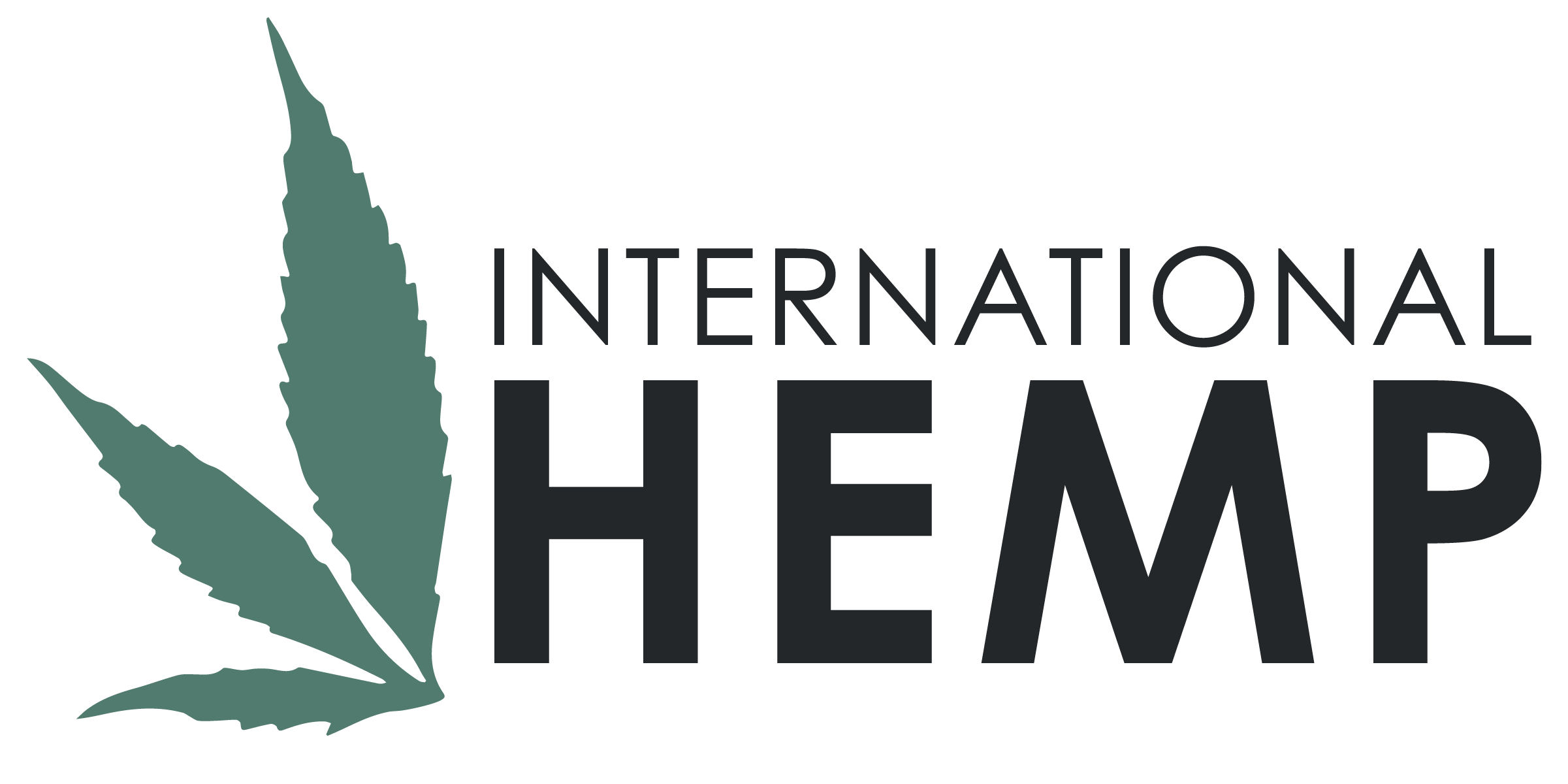What is AOSCA Certified Hemp Seed?
Seed certification has been around since WWI as part of a consumer protection program to ensure seed quality and to preserve genetic purity and varietal identity. Given that the hemp industry in the United States is still nascent, certified seed offers farmers a way to minimize the risk of growing hemp. Using certified seed provides growers access to ancillary services, like affordable insurance, consistent yields, maturity ranges, performance specifications, and Farm Bill THC compliance. Over the last five years, the majority of hemp that went hot (above the Farm Bill 0.3 percent threshold) in Colorado was traced back to non-certified varieties.
There are both international and domestic organizations that certify seed. The Organization for Economic Development (OECD) Seed Schemes are rules used by 58 participating countries to certify and label seed for international trade. Of these 58, around 30 grow hemp.
There are more than one hundred varieties of hemp listed on the OECD Seed Schemes, including the varieties that International Hemp has licensed through the Institute of Natural Fibers and Medicinal Plants, Bialobrezskie and Henola.
There’s also the International Seed Testing Association (ISTA), an association of authorized laboratories that verify the marketability of seed as defined by the laws of various countries.
In the United States, seed certification is overseen by the Association of Official Seed Certifying Agencies (AOSCA), a crop improvement trade organization that develops and promotes certified seed varieties for use in commercial agriculture, through various State-level vested member agencies. AOSCA certification ensures varietal purity and performance for many crops, including wheat, alfalfa, sunflower, dry beans and soybeans, and most recently hemp. This was spearheaded by the state Department of Agriculture in Colorado and Kentucky, in cooperation with vested AOSCA members, like the Colorado Seed Growers Association (CSGA) and the Kentucky Seed Improvement Association.
Over the last four years, International Hemp has worked alongside the Colorado Department of Agriculture (CDA) and the CSGA to replicate the hemp varieties we imported from the Institute of Natural Fibers and Medicinal Plants in Poland, under AOSCA national standards to attain certification.
Through this process, our varieties, Białobrzeskie and Henola, were put into a trial program organized by the CDA and were approved as legal hemp varieties. They have subsequently been recognized as approved varieties by multiple State Department of Agricultures, in states like California, and are eligible for consideration by other states vested members program.
Subject to the regulations published for public comment recently by the U.S. Department of Agriculture, requiring every field to be tested within two weeks of harvest, non-certified hemp genetics are going to prove to be the major pitfall of the industry.
